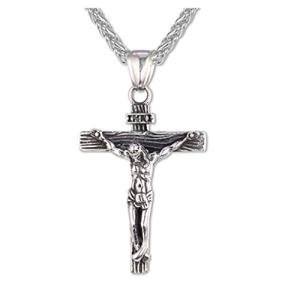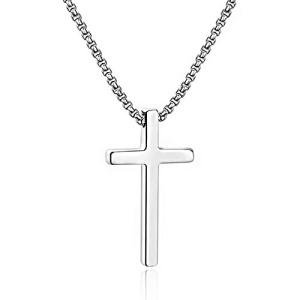Jesus Christ: The Crucifixion on the Cross
Jesus Christ is regarded by Christians as the Son of God and the Savior of humanity. His life, teachings, death, and resurrection are the foundation of Christian faith. Jesus was a Jewish preacher and religious leader who lived in the 1st century in the regions of Judea and Galilee (now part of modern-day Israel and Palestine).
Crucifixion of Jesus
Historical and Biblical Context
The crucifixion of Jesus is a cornerstone event in Christianity, occurring around 30-33 AD. According to the New Testament, Jesus was arrested, tried, and condemned to death by crucifixion. The reasons for his execution include charges of blasphemy, inciting rebellion against Roman authority, and claims of being the King of the Jews, which threatened the political and religious stability of the region under Roman rule.
Jesus was crucified outside Jerusalem on a hill called Golgotha or Calvary. The Gospels describe how he was nailed to a cross, a common Roman method of execution for slaves and criminals, signifying a painful and humiliating death. Jesus' crucifixion was accompanied by several supernatural events, such as darkness covering the land, the veil of the Temple tearing, and earthquakes, symbolizing its cosmic significance.
Theological Significance
The crucifixion of Jesus is central to Christian theology for several reasons:
- Atonement for Sin: It is believed that Jesus' death served as a sacrifice, atoning for the sins of humanity. This act of ultimate love and sacrifice made reconciliation between God and humans possible.
- Victory over Death and Sin: Jesus' resurrection, which Christians celebrate on Easter, is seen as the defeat of death and sin, offering believers the hope of eternal life.
- Model of Love and Sacrifice: Jesus' willingness to suffer and die for others is seen as the ultimate model of selfless love and sacrifice.
Remembrance and Symbolism
Jesus on the Cross Necklace
A necklace depicting Jesus on the cross, commonly known as a crucifix, serves as a powerful symbol of faith for many Christians. Wearing a crucifix necklace is a way to keep the memory of Jesus' sacrifice close and to remind oneself of the love, forgiveness, and redemption that his death represents.
Why It's Important
For believers, the crucifix is not just a piece of jewelry but a profound statement of faith. It symbolizes:
- Remembrance: Keeping the sacrifice of Jesus in mind.
- Identity: Expressing one's Christian faith openly.
- Reflection: Encouraging personal reflection on one’s life and choices in light of Jesus' teachings and sacrifice.
Purchasing a Crucifix Necklace
When looking to buy a crucifix necklace, consider the following:
- Material: They can be made of various materials, including gold, silver, wood, or metal, depending on personal preference and budget.
- Design: From simple and traditional to ornate and modern designs, choose one that reflects your personal style and the significance of the symbol to you.
- Meaning: Select a necklace that resonates with your personal faith journey and reminds you of the values you cherish.
The crucifixion of Jesus Christ stands at the heart of Christian faith, embodying themes of sacrifice, redemption, and eternal love. A crucifix necklace serves as a tangible reminder of these profound truths, offering both personal inspiration and a statement of faith. Whether worn for personal reflection, as an expression of belief, or as a reminder of the path of love and sacrifice Jesus exemplified, it holds deep significance for believers around the world.







